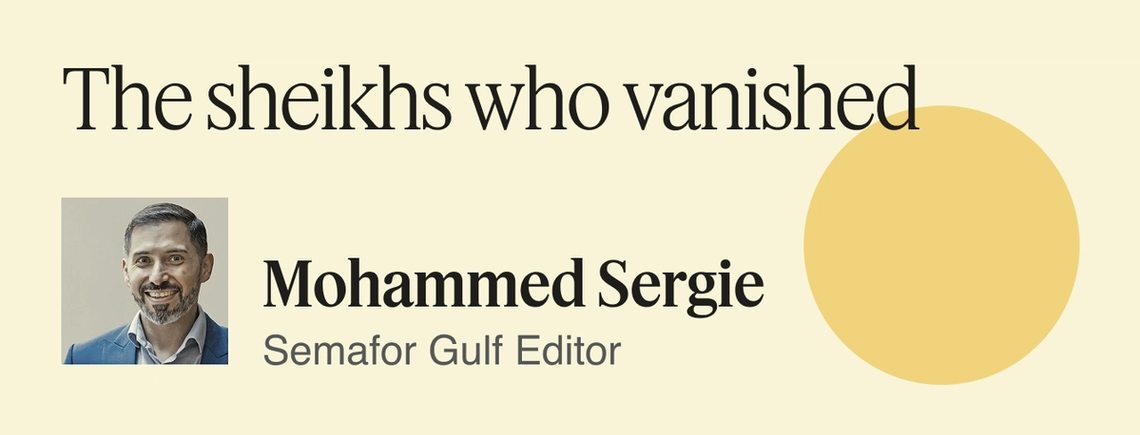 One of the challenges of covering — or even just working in — this region is figuring out whether the person across the table is a billionaire royal who could change your life, a fringe member of a ruling family, or a charlatan running a long con. Wealth here is often hidden, which creates this ambiguity. Legal cases offer rare glimpses: Saudi Arabia’s Sheikh Khalid bin Mahfouz had to pay $188 million to settle with US regulators over looting charges at Bank of Credit and Commerce International. Maan al-Sanea, once listed by Forbes among the world’s 100 richest people, borrowed billions and his company entered a decade-long restructuring after the 2008 financial crisis. His lawyers asked to release frozen Cayman funds, to cover the cost of feeding exotic animals in his private zoo. This week, Sheikh Nayef Bin Eid Al Thani — a little-known royal with a Qatari name and a business in Dubai — announced plans to build an $8.8 billion finance hub in the Maldives. The island nation’s president was there, touting a deal with the sheikh’s company, MBS Global Investments, that promises a free zone with no corporate tax and incentives for blockchain firms. MBS Global doesn’t have much of a track record, beyond announcements: a collaboration with Brunei, and a partnership with the Malaysian Investment Development Authority, among others. Maybe this project is real. But stories like the Dubai prince who announced a Hong Kong family office only to disappear last year, or my own 2015 reporting on an obscure Qatari sheikh investing $5 billion to a Chinese petrochemicals firm (nothing came of it), make me cautious. But that’s the point — you never really know. |